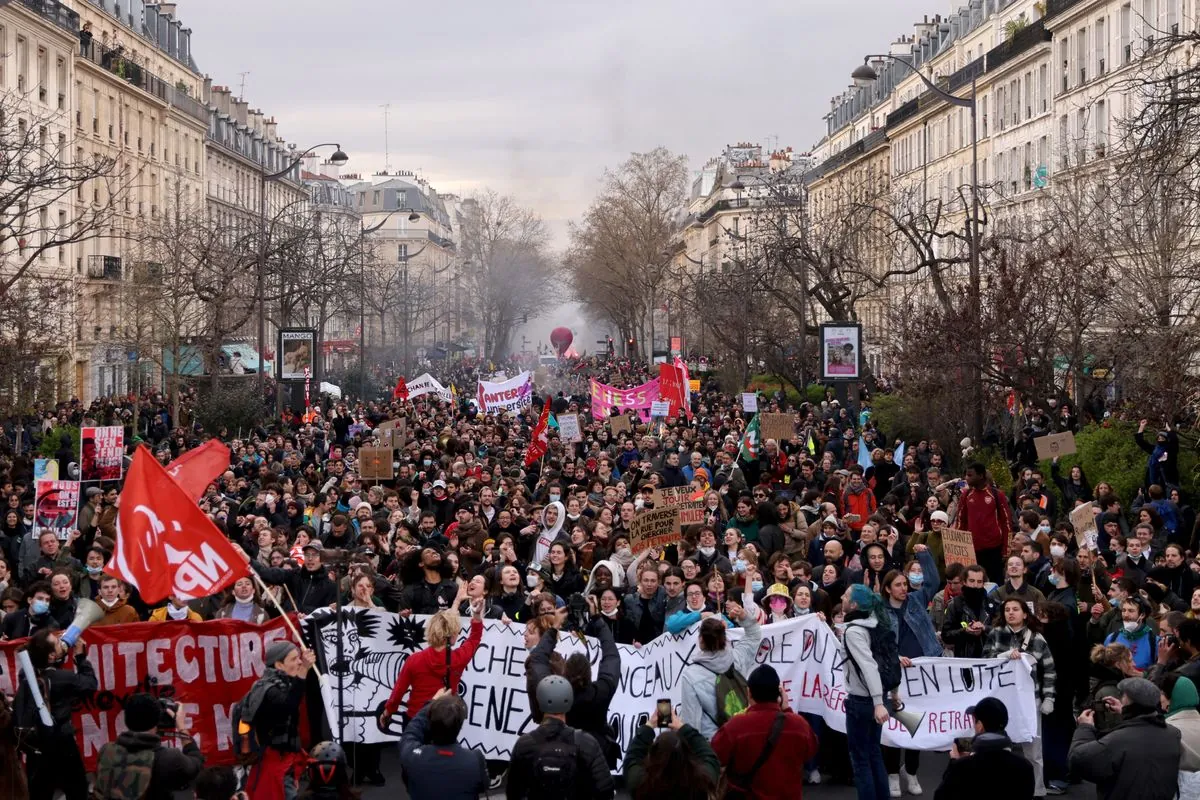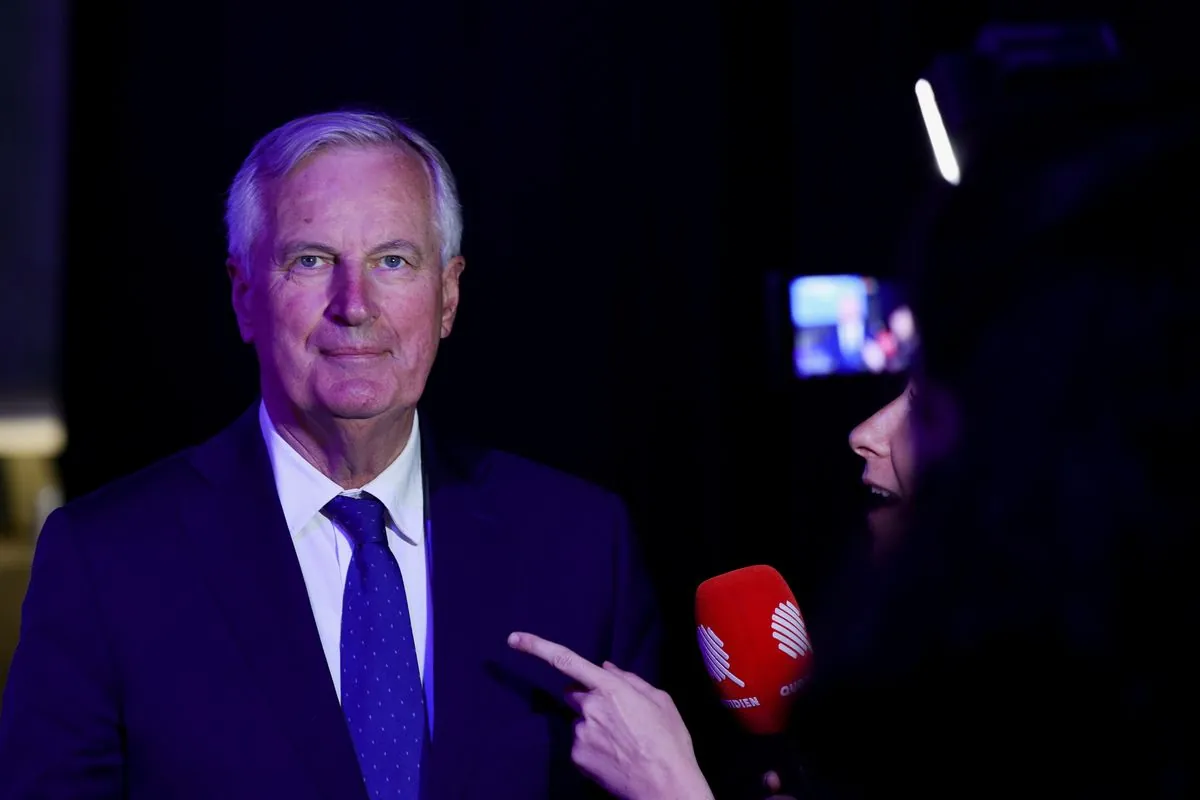French Streets Erupt in Protest Over Macron's PM Choice
Thousands protest across France as President Macron appoints Michel Barnier as Prime Minister, sparking accusations of disregarding election results. New government faces challenges amid political fragmentation.

Widespread demonstrations have erupted across France, with thousands taking to the streets to voice their opposition to President Emmanuel Macron's appointment of Michel Barnier as Prime Minister. The decision has ignited controversy, with left-wing parties accusing Macron of disregarding the results of the July 2024 legislative elections.
Barnier, a 73-year-old conservative and former European Union Brexit negotiator, faces the daunting task of forming a government without a clear parliamentary majority. The appointment comes after a two-month search following Macron's decision to call legislative elections that resulted in a hung parliament divided into three main blocs.
In his initial statement as government chief, Barnier expressed his intention to form a diverse cabinet, including conservatives, members of Macron's camp, and potentially some from the left. However, he faces significant challenges in driving reforms and preparing the 2025 budget, as France faces pressure from the European Commission and bond markets to reduce its deficit.

The left-wing opposition, led by the far-left France Unbowed (LFI) party, has accused Macron of subverting democracy. They argue that the President should have selected a candidate from the New Popular Front (NFP) alliance, which secured the most votes in the July elections. This sentiment is echoed in public opinion, with a recent Elabe poll indicating that 74% of French citizens believe Macron disregarded the election results, and 55% feel he effectively "stole" the elections.
"He is a prime minister under surveillance. Nothing can be done without us."
The appointment of Barnier, whose centre-right Les Republicains party holds less than 50 seats in the 577-seat National Assembly, has prompted left-wing party leaders, unions, and student bodies to organize mass protests. The LFI party reported that demonstrations were planned in 130 locations across France, with further actions, including potential strikes, scheduled for October 1, 2024.
Barnier's position is precarious, as he faces a potential no-confidence vote, particularly with the urgent 2025 draft budget due for parliamentary discussion in early October. The combined strength of the NFP and the far-right National Rally (RN) in parliament could potentially oust the Prime Minister if they choose to collaborate.
The RN, led by Jordan Bardella, has offered conditional support to Barnier, effectively positioning itself as a kingmaker in the new government. This political maneuvering highlights the complex dynamics at play in France's fragmented political landscape.
As France grapples with these political tensions, the country must also address pressing economic concerns. The European Commission's scrutiny of France's budget deficit adds another layer of complexity to the challenges facing the new government. Barnier's experience as a former European Commissioner for Internal Market and Services may prove valuable in navigating these fiscal pressures.
The unfolding situation underscores the ongoing political fragmentation in France, where traditional parties have lost ground to new movements in recent years. As Barnier continues his consultations to form a government, the eyes of the nation remain fixed on how this political drama will unfold and its potential impact on France's domestic and European policies.


































